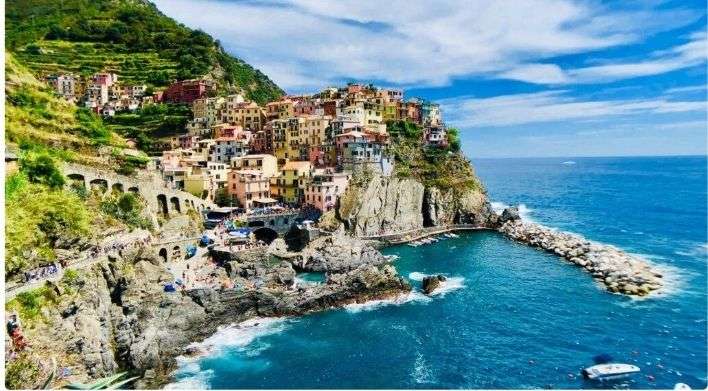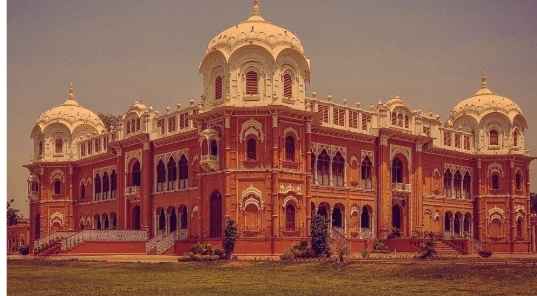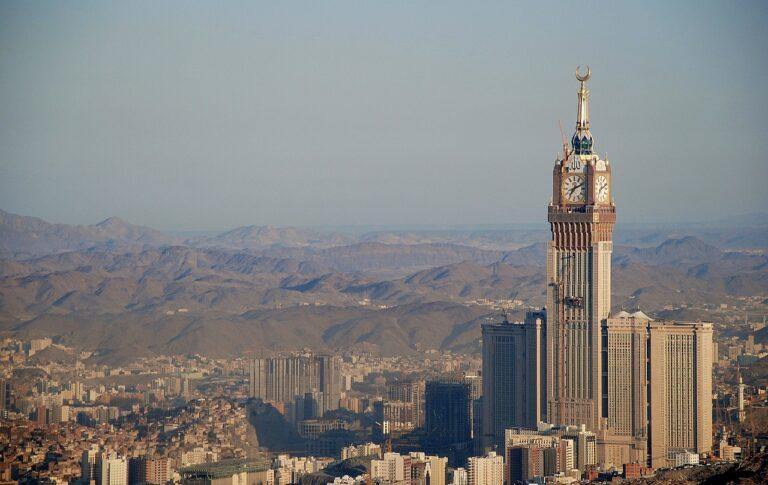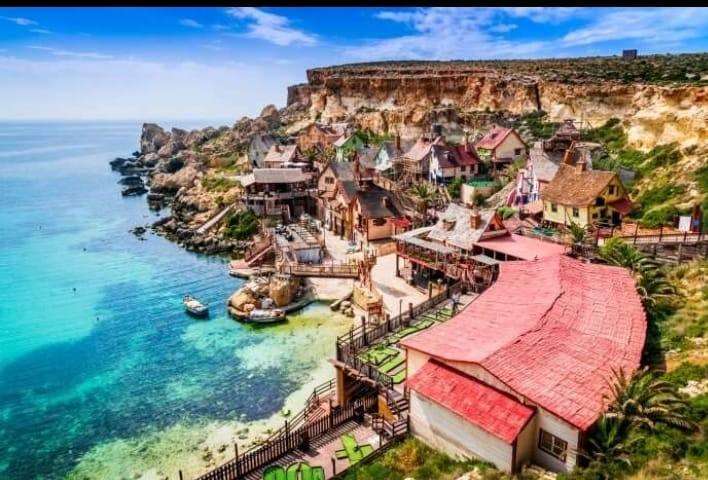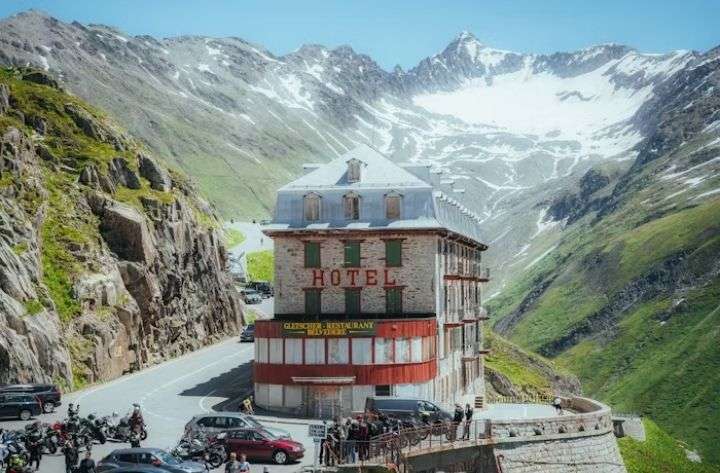Pamukkale Turkey often referred to as the “Cotton Castle” in Turkey, is a unique geological formation renowned for its dazzling white travertine terraces and ancient ruins. Situated in the Denizli Province in southwestern Turkey, Pamukkale offers visitors a fascinating blend of natural beauty and historical significance.
Contents
- 1 Historical Significance of Pamukkale Turkey
- 2 Roman Ruins Pamukkale Turkey
- 3 Hierapolis
- 4 GeologicalPamukkale Turkey Formation
- 5 Location of Pamukkale
- 6 Accessibility
- 7 Nearby Attractions
- 8 weather of weather of Pamukkale Turkey
- 9 Tourism and Visitor Experience
- 10 Accommodation Options
- 11 Local Cuisine and Dining
- 12 Cultural Activities
- 13 Tips for Visitors
Historical Significance of Pamukkale Turkey

Roman Ruins Pamukkale Turkey

At the heart of Pamukkale lies the ancient city of Hierapolis, founded in the 2nd century BC by the king of Pergamon. The city flourished under Roman rule and served as a significant center for trade, religion, and arts.
Hierapolis

Hierapolis boasts well-preserved ruins, including a theater, necropolis, and Roman baths. Visitors can wander through the ancient streets, marvel at the intricate mosaics, and explore the grandeur of the past.
GeologicalPamukkale Turkey Formation
Travertine Terraces
The striking travertine terraces of Pamukkale are formed by calcium carbonate deposits from the thermal waters that flow down the mountainside. Over millennia, these deposits have created cascading pools, giving the landscape its ethereal appearance.
Thermal Pools

The thermal waters of Pamukkale are renowned for their healing properties, attracting visitors seeking relaxation, rejuvenation, and a change of pace. The temperature of the pools ranges from warm to hot, providing a soothing experience amid breathtaking surroundings.
Location of Pamukkale
Geographic Position
Pamukkale is nestled in the picturesque countryside of western Turkey, approximately 19 kilometers from the city of Denizli. Its strategic location near the ancient trade routes contributed to its historical important .
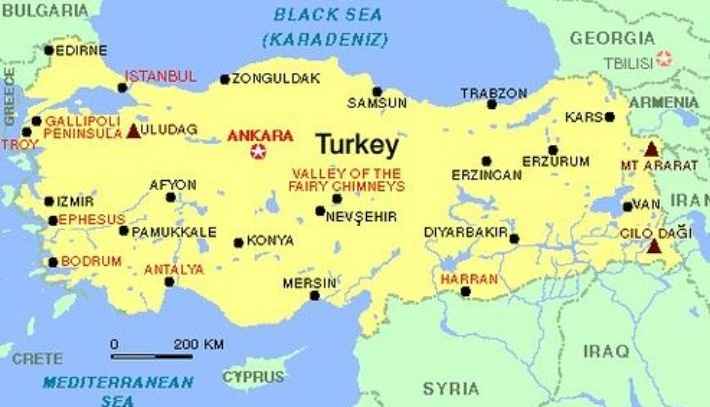
Accessibility
Travelers can reach Pamukkale by road from major cities like Istanbul and Antalya. Additionally, Denizli Cardak Airport offers convenient air travel options for those seeking faster access.
Nearby Attractions
Hierapolis Archaeological Museum
The museum showcases a vast collection of artifacts unearthed from Hierapolis and surrounding areas, providing insights into the region’s rich history and cultural heritage.
Cleopatra’s Pool
Located within the Hierapolis archaeological site, Cleopatra’s Pool is a thermal spring renowned for its mineral-rich waters and submerged Roman columns, offering a unique swimming experience.
Laodicea
Near Pamukkale lies the ancient city of Laodicea, once a thriving center of commerce and religion. Visitors can explore the ruins of temples, theaters, and marketplaces, gaining a deeper understanding of Anatolian history.
weather of weather of Pamukkale Turkey
Weather in winter
During winter in Pamukkale, Turkey, the region experiences cold, wet, and partly cloudy conditions. The average daily high temperature hovers around 55°F (13°C), while the average low drops to approximately 46°F (8°C).
Snowfall occurs occasionally, particularly in November, December, and January.
Rainfall increases during this season, with December being the wettest month, receiving nearly 3.5 inches (89 mm) of precipitation.
Despite the chilly weather, the travertine pools remain warm enough for swimming, making it possible to enjoy both thermal baths and sightseeing despite the colder temperatures.
Weather in summer
There are different places called Sumer in the world, so it is important to specify which Sumer is being referred to. However, based on the search results, there is a town called Sumer in Al-Qādisiyyah, Iraq, with a current temperature of 55°F (13°C).
The 10-day weather forecast for Sumer Town, Iraq, shows that the weather will be mostly sunny with a high of 68°F (20°C) and a low of 43°F (6°C) on Wednesday, March 6, 2024. On Thursday, March 7, the weather will be partly cloudy with a high of 70°F (21°C) and a low of 45°F (7°C). On Friday, March 8, the weather will be mostly sunny with a high of 72°F (22°C) and a low of 47°F (8°C).
It is important to note that weather forecasts can change, so it is recommended to check the forecast regularly for updates.
Best weather to visit
The best time to visit Pamukkale, Turkey, considering both pleasant weather and tourist activities, would be from early May to late June and with a peak score in the third week of September according to the tourism score provided by Weatherspark.
During these periods, visitors can expect clear, rainless days with comfortable temperatures ranging from 65°F to 80°F.
If your primary interest lies in enjoying the natural thermal waters, then visiting during the warmer months of summer, specifically from mid-June to mid-September, might be more appealing due to the higher water temperatures.
Keep in mind that weather patterns can change, so it’s always advisable to consult local sources and up-to-date forecasts before planning your trip.
Tourism and Visitor Experience
Sustainable Tourism Practices
Efforts are underway to preserve the natural beauty of Pamukkale while promoting sustainable tourism practices. Visitors are urged to stick to designated trails, avoid littering, and show respect for the delicate ecosystem.
Entrance Fees and Timings
Entrance to Pamukkale is subject to a nominal fee, with discounts available for students and seniors. The site is open to visitors year-round, although peak seasons tend to be during the spring and autumn months.
Accommodation Options
Richmond Pamukkale Thermal Resort
With its stunning views overlooking the travertines, Richmond Pamukkale Thermal Resort is a top choice for those seeking relaxation and rejuvenation. The resort boasts a variety of thermal pools, including indoor and outdoor options, along with a full-service spa offering traditional Turkish treatments. Guests can also indulge in fine dining at one of the onsite restaurants or unwind by taking a stroll through the hotel’s beautifully landscaped gardens.
Hierapark Thermal & Spa Hotel Deluxe
Located just steps away from the ancient city of Hierapolis, Hierapark Thermal & Spa Hotel Deluxe combines modern luxury with historic charm. This five-star property features a state-of-the-art wellness center, complete with saunas, steam rooms, and a wide selection of therapeutic massages. With its elegant design and impeccable service, it’s no wonder why Hierapark has earned numerous awards and accolades.
Park Dedeman Denizli
A popular choice among families and budget-conscious travelers, Park Dedeman Denizli offers comfortable accommodation paired with excellent facilities. In addition to standard amenities, the hotel includes a water park, fitness center, and multiple dining venues. Its convenient location makes exploring both Pamukkale and nearby attractions easy and enjoyable.
Adempira Termal & Spa Hotel
For those looking to immerse themselves in the healing properties of natural hot springs, Adempira Termal & Spa Hotel is an ideal option. Situated within walking distance of the travertines, this hotel features a large thermal pool complex, allowing visitors to soak up the benefits of mineral-rich waters. Amenities include a restaurant serving local cuisine, a bar, and a gift shop selling souvenirs.
Doga Thermal Health & Spa
Offering a tranquil retreat surrounded by lush greenery, Doga Thermal Health & Spa caters to those seeking peace and serenity during their travels. The hotel features a comprehensive wellness program, which incorporates hydrotherapy, massage therapy, and other holistic practices. Additionally, guests have access to a gym, tennis courts, and a variety of dining options.
Colossae Thermal & Spa Hotel
Named after the ancient city of Colossae, this hotel pays homage to the rich heritage of the area. Located close to the archaeological site, Colossae Thermal & Spa Hotel offers guests the opportunity to explore the past while enjoying contemporary comforts. Facilities include a swimming pool, fitness center, and a restaurant specializing in regional dishes.
Melrose Viewpoint Hotel
Perched high above the travertines, Melrose Viewpoint Hotel offers breathtaking panoramic vistas that are sure to leave a lasting impression. Alongside its picturesque setting, the hotel features a rooftop bar, a restaurant showcasing Mediterranean flavors, and a well-equipped conference room. Whether traveling for business or pleasure, Melrose Viewpoint Hotel promises an unforgettable experience.
The Cotton House
Recently renovated, The Cotton House stands out as one of the most exclusive accommodations in Pamukkale. Boasting a minimalist yet sophisticated aesthetic, this boutique hotel offers personalized service and bespoke experiences tailored to individual needs. Guests will find themselves immersed in a world of understated elegance, complemented by a gourmet restaurant and a chic cocktail bar.
Additional Noteworthy Options
While not included in the previous list, there are additional hotels worth mentioning due to their popularity and positive guest reviews. These include Venus Suite Hotel, Bellamaritimo Hotel, Pamukkale White Heaven Suite Hotel, Hotel Hal-Tur, Sahin Hotel, and more. Each of these properties offers something unique, making them worthy contenders when choosing where to stay during your visit to Pamukkale.
Camping Sites
For outdoor enthusiasts, camping sites are available in the vicinity of Pamukkale, allowing travelers to immerse themselves in nature and stargaze under the clear Anatolian sky.
Local Cuisine and Dining
Traditional Turkish Food
Visitors to Pamukkale can savor authentic Turkish cuisine at local restaurants and eateries, featuring specialties such as kebabs, mezes, and baklava. Don’t miss the opportunity to sample fresh produce from nearby farms and vineyards.
Restaurant Recommendations
Popular dining spots near Pamukkale include traditional Turkish taverns offering hearty meals and cozy cafes serving aromatic Turkish coffee and tea.
Cultural Activities
Folk Performances
Throughout the year, Pamukkale hosts cultural events and folk performances celebrating Anatolian traditions, music, and dance. Visitors can immerse themselves in the vibrant local culture and interact with artisans.
Handicraft Workshops
Artisans in Pamukkale specialize in traditional handicrafts such as pottery, carpet weaving, and leatherwork. Travelers can visit workshops to observe the intricate craftsmanship and purchase unique souvenirs.
Tips for Visitors
Clothing Recommendations
It’s advisable to wear comfortable clothing and sturdy footwear suitable for walking on uneven terrain. Additionally, don’t forget to pack sunscreen, a hat, and sunglasses to protect against the Anatolian sun.
Health Precautions
While swimming in the thermal pools of Pamukkale can be therapeutic, it’s essential to shower afterward and avoid swallowing the water to prevent any potential health risks.
Environmental Conservation Efforts
Local authorities and environmental organizations are committed to preserving the ecological integrity of Pamukkale and its surrounding areas. Initiatives focus on habitat restoration, waste management, and educational programs to raise awareness about conservation.
Conclusion
Pamukkale, with its mesmerizing travertine terraces and rich historical heritage, offers visitors a truly unforgettable experience. Whether exploring ancient ruins, soaking in thermal pools, or indulging in local cuisine, Pamukkale captivates the senses and leaves a lasting impression.
FAQs
1. **Is Pamukkale suitable for families with children?**
– Yes, Pamukkale offers activities and attractions suitable for visitors of all ages, including families with children.
2. **Are there guided tours available at Pamukkale?**
– Yes, guided tours led by knowledgeable local guides are available for visitors who wish to learn more about the history and geology of Pamukkale.
3. **Can visitors swim in the thermal pools of Pamukkale?**
– Yes, visitors are allowed to swim in designated areas of the thermal pools, which are believed to have therapeutic properties.
4. **What is the best time of year to visit Pamukkale?**
– The best time to visit
Pamukkale is during the spring or autumn months when the weather is mild, and the crowds are smaller.
5. **Are there any restrictions on photography at Pamukkale?**
– While photography for personal use is allowed, visitors are encouraged to respect signage and avoid damaging the delicate travertine formations.

Safnaa has been working in the travel industry for over a decade, and her expertise and knowledge are reflected in the high-quality content and resources available on travelstutor.com. She is dedicated to providing travelers with accurate and up-to-date information on destinations, accommodations, transportation, and activities, ensuring that they have the best possible travel experience.

